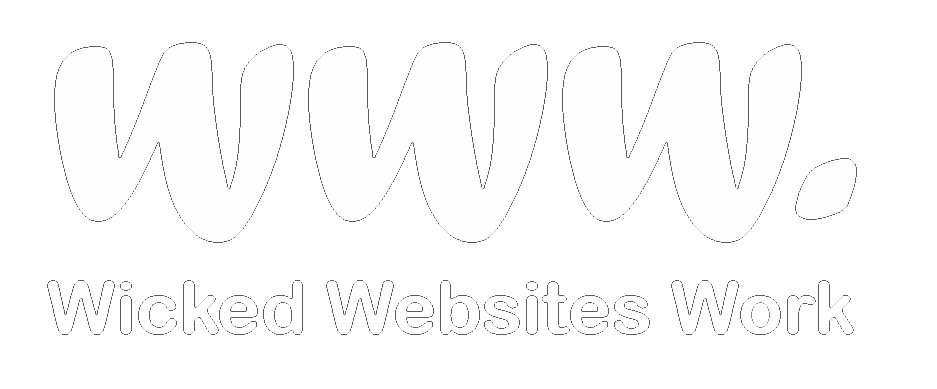In the news this week:
Windows 10 upgrades
Should I or shouldn’t I is often a question I hear from clients. I have mixed views on this. I run four machines at home (in fact up until very recently five – you can tell I’m a techie at heart!) One of those ran Windows 98, one Windows XP, one is Windows 7 and the other two are Windows 10. One of the Windows 10 machines is an upgrade from Windows 8 and the other was purchased as a Windows 10. The Windows 7 machines keeps nagging me to upgrade and the point of the article by www.c-net.com is that Microsoft are pushing people to upgrade and being quite sneaky about it.
Instead of simply giving you the option to install its latest operating system (or not), Microsoft now automatically schedules a date and time to update your PC to Windows 10. If you don’t want the software update or if you want to change the installation date, you have to take deliberate action: manually click a link in the message, then choose to reschedule it or cancel it altogether.
Windows 10 has had a bit of bad press (and hence the reticence to upgrade). It was unstable and very flaky when it first came out, however a lot of the minor irritations have been addressed and I have to say I’m okay with Windows 10 (in fact it’s the machine I use most). I personally would advise the upgrade – obviously get a professional to help you if you are struggling with it, but firstly the upgrade is free at the moment, and secondly if you don’t you will end up with a machine where in time software doesn’t work properly, as it will supersede your Windows 7 (as I have found with my XP machine), and moreover you will end up paying through the nose to get it upgraded in the end.
Website security
You have a site that works very well for you, it attracts visitors regularly and moreover it represents your business perfectly, however the chance of being hacked is so high, and yet often it is paid lip service to. http://www.business2community.com published an article on how to protect your website against hackers. The article highlights three main areas that should be addressed.
Firstly protect your network from intruders, if people can’t get in the door, then they can’t steal the silver. Make sure your passwords are not easy to guess and are regularly changed and have a good firewall. Secondly, have your site encrypted. The way to tell whether a site is encrypted is when you type in the URL it will say https not http. Google is also talking about penalising those businesses who do not encrypt. This is very important for businesses that have an online shop. The last thing that the article talks about is scheduling updates and maintenance….the importance of this aspect cannot be over emphasised. Out of date software is so easy to hack into that you may as well leave the key in the door!
Content Management Systems
This is such as buzz word at the moment, but what does it mean for the average Joe. Fundamentally, it is a piece of software that allows you to manage your own content on the web. Some companies write their own internal CMS’s so that internal staff can be given authorship on certain elements of the website. There are commercial Content Management Systems like WordPress or Joomla that allow you to produce basic web pages very quickly to get you an online presence. More complicated functionality (such as e-commerce) require a little bit more technical knowledge, but again is possible to do without employing the services of a web designer. However, the options to change things are limited and don’t forget web designers have years of practice and knowledge on what works, what looks good and most importantly security.
Upgrades to improve your website
The Huffington Post published a very well constructed article about how to improve your business website. The content and instructions are nothing new, namely: make sure it doesn’t take forever to download stuff, make sure it’s mobile responsive (both for user experience and to not be penalised by Google), make sure content is fresh and regularly updated, make sure Google can find you and lastly ensure that you analyse the statistics and learn from them.
On the last note there was an article on Hits Search about analysing your website to check it’s performance. They list seven key indicators that your business should be monitoring on your website: uptime, page speed and load time, error messages, broken links, load tolerance, website visitors and website quality. Again, no earth shattering information, but many companies are still not paying attention to simple things that can help them use their websites more effectively and moreover help people find them on the vast galaxy that is the internet.

